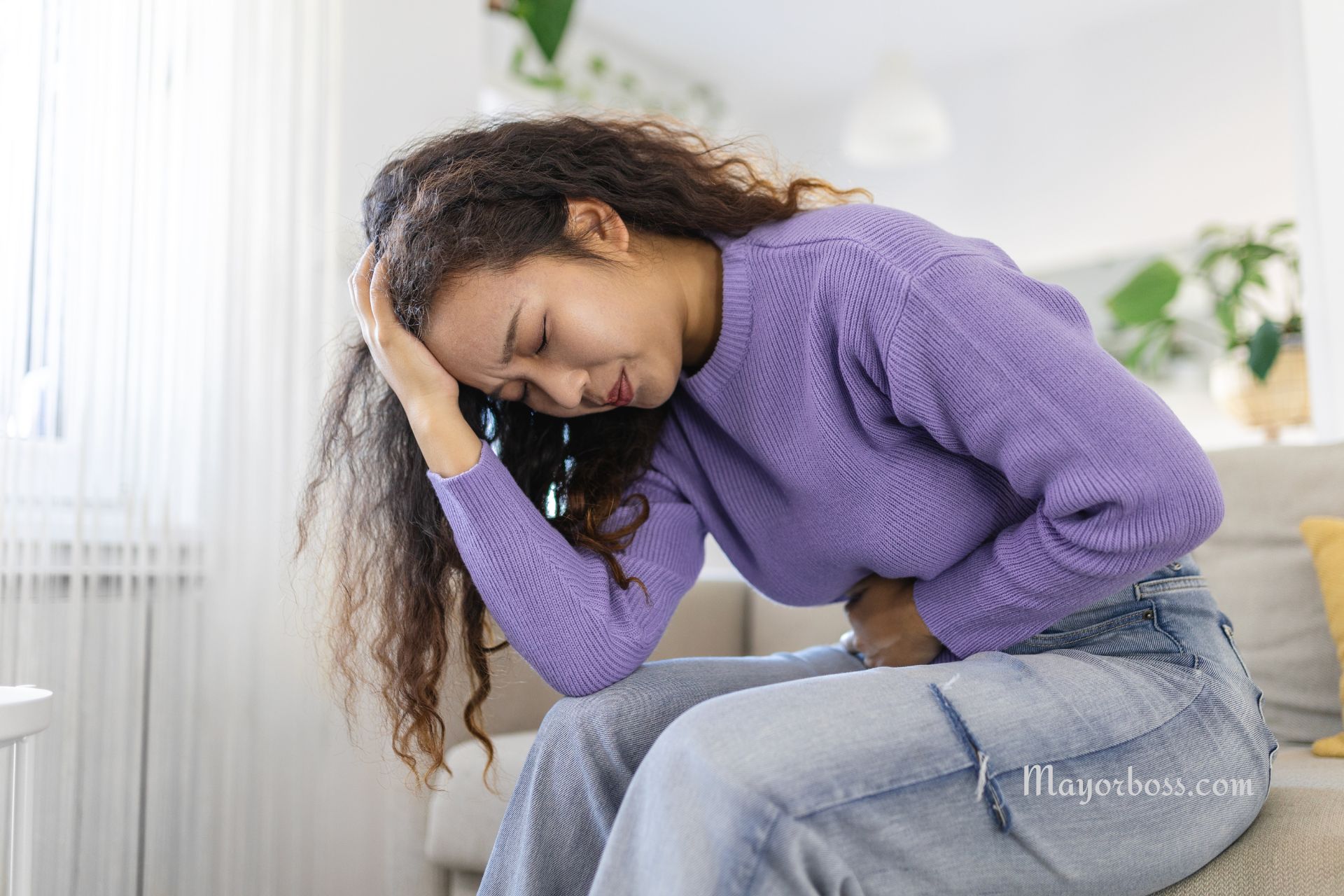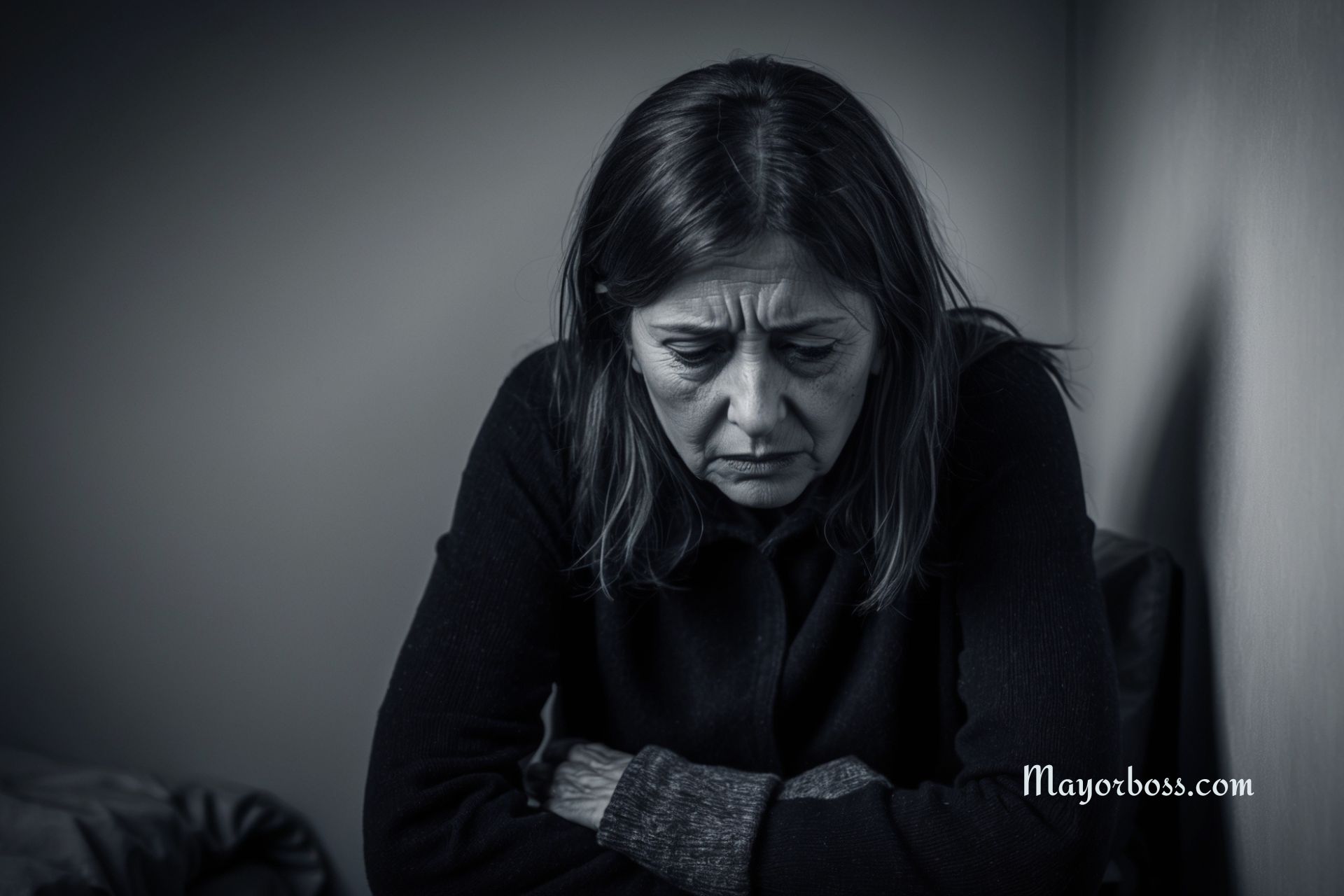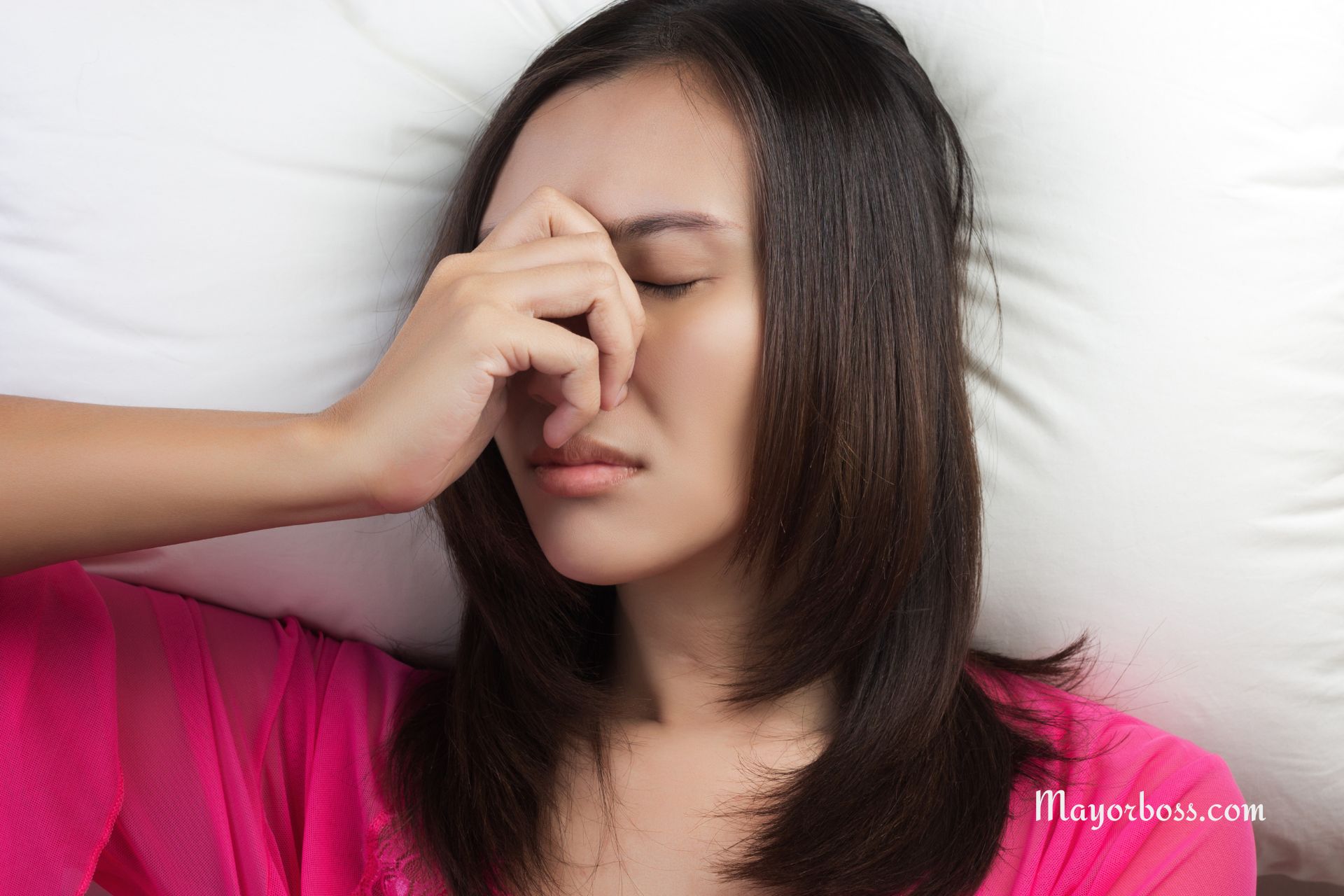5 Side Effects of Not Drinking Coffee

Ah, coffee—the go-to morning ritual for millions around the globe. It’s not just a drink; it’s a start-up ritual that powers us through the day. But what happens when you hit the brakes on your caffeine consumption? While there are benefits to cutting back, it’s not all smooth sailing. Here’s a look at some of the unexpected side effects you might experience if you decide to quit coffee.
So, What Happens When You Stop Drinking Coffee?
You Might Feel More Tired
Yes, initially, cutting out coffee might make you want to hit the snooze button a few more times. Coffee isn’t just a beverage; it’s a stimulant, thanks to the caffeine content that helps kickstart your day. Without it, you might notice a drop in your energy levels. This happens because caffeine blocks the receptors of a neurotransmitter called adenosine, which promotes sleep. Without your daily joe, the body might feel sluggish as the natural adenosine flow isn’t being blocked. So, have we got that straight?
Headaches Could Become a New Annoyance
Did you know? One of the most common withdrawal symptoms people experience when they stop drinking coffee is headaches. This is because caffeine generally narrows the blood vessels around your brain. When you cut it out, these blood vessels expand again, which can cause pain. If you’re a regular coffee drinker, your body gets used to a certain level of stimulation. Remove it abruptly, and your body will tell you loud and clear—usually through the medium of a pounding headache.
Your Digestion May Slow Down
Coffee is often credited with helping keep our digestive system running smoothly, thanks to its mild diuretic and stimulant properties. It helps some people maintain regular bowel movements. When you suddenly stop drinking coffee, you might find that your ‘plumbing’ gets a bit sluggish. This is because the gastrointestinal tract misses out on coffee’s stimulating effects, which can lead to constipation or discomfort. Still not convinced?
You Could Feel a Bit Down
Here’s something interesting: coffee isn’t just good for a physical boost—it can also lift your spirits. Caffeine naturally stimulates the central nervous system and boosts the production of neurotransmitters like serotonin, dopamine, and noradrenaline, which elevate your mood. Cutting out coffee may lead to a drop in these “feel-good” chemicals, potentially making you feel a bit more down than usual. Keep in mind that it’s not just your body that adjusts to a lack of caffeine but your mood, too.
Your Sleep Might Actually Improve
Yes! If you’ve been struggling with sleep, cutting out coffee could be a blessing in disguise. While caffeine can help you feel alert, consuming it later in the day can interfere with your sleep patterns. Cutting out coffee, especially if you used to drink it in the afternoon or evening, might make it easier to fall asleep and enjoy a more restful sleep. This could mean you wake up feeling more refreshed—even without the caffeine.
Frequently Asked Questions
What can I drink instead of coffee to avoid these side effects?
If you’re looking to cut out coffee but want to ease the transition, consider alternatives like decaffeinated coffee, herbal tea, or even chicory coffee. These can offer a similar routine without the caffeine.
How long do these side effects last?
Typically, the side effects of cutting out coffee can last from a few days to about a week. However, the duration varies from person to person. It largely depends on how much coffee you were drinking and how sensitive you are to changes in your caffeine intake.
Can reducing coffee intake gradually help minimize side effects?
Absolutely! If the idea of quitting coffee cold turkey sounds daunting, you might want to try reducing your coffee intake gradually. This can help your body adjust slowly and might reduce the severity of withdrawal symptoms like headaches and fatigue.
Cutting back on coffee certainly has its challenges, but understanding these side effects can prepare you for what’s to come and help you manage them effectively. So, are you ready to rethink your coffee habit, or perhaps you’ll stick to your comforting cup a bit longer? Whatever you choose, now you know exactly what to expect!






